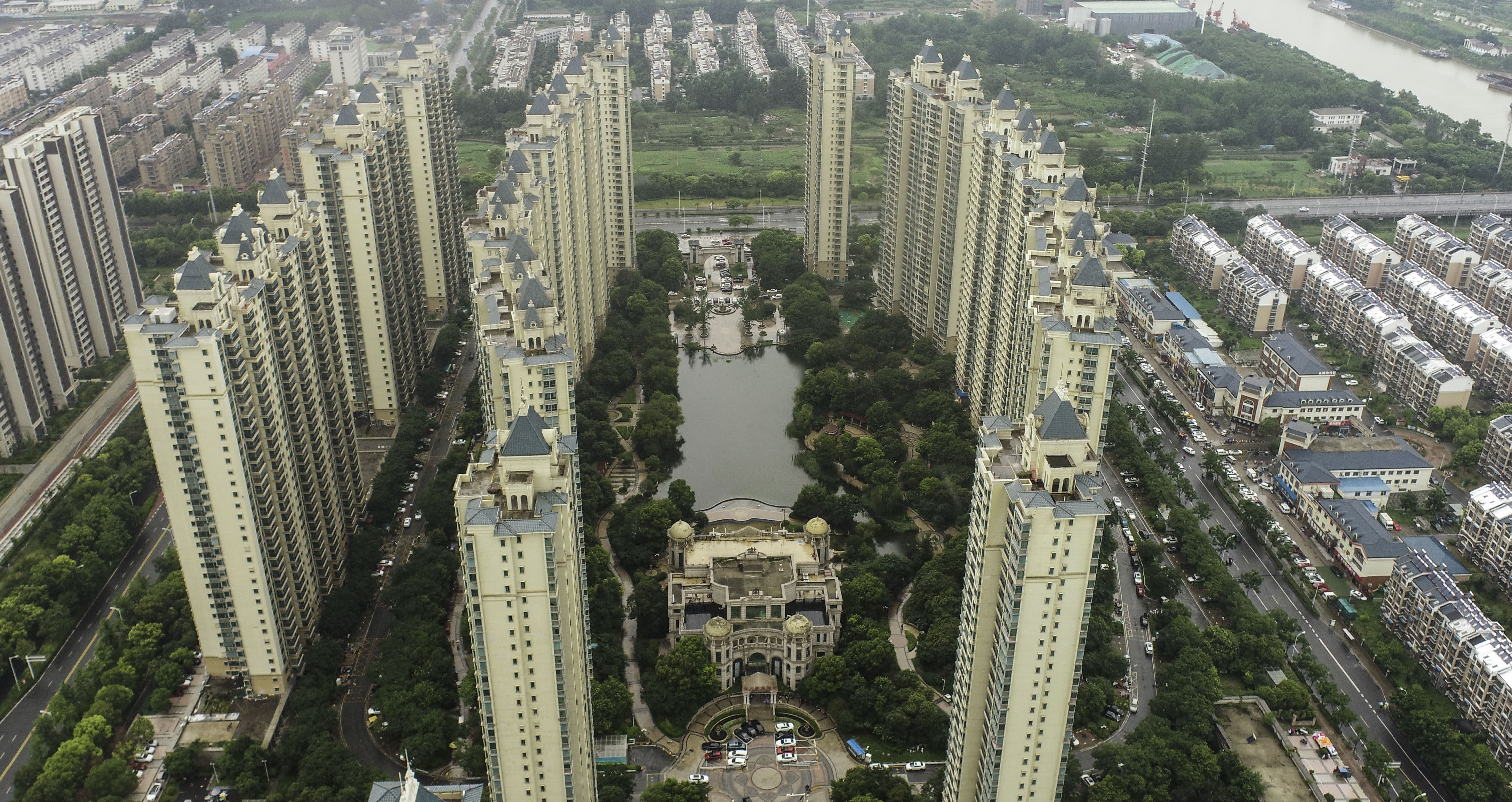
China’s heavily indebted property giant Evergrande Group on Thursday filed for Chapter 15 bankruptcy protection in a U.S. court.
In a filing with the Manhattan bankruptcy court, the company referenced restructuring proceedings in Hong Kong, the Cayman Islands and the British Virgin Islands.
In a separate statement, Evergrande on Friday said that it will ask the U.S. court for “recognition of the schemes of arrangement under the offshore debt restructuring for Hong Kong and the British Virgin Islands.”
It added, “The application is a normal procedure for the offshore debt restructuring and does not involve bankruptcy petition.”
The world’s most indebted property developer defaulted in 2021 and announced an offshore debt restructuring program in March. Trading of Evergrande shares have been suspended since March 2022.
Chapter 15 bankruptcy protection allows a U.S. bankruptcy court to intervene in cross-border insolvency case involving foreign companies that are undergoing restructuring from creditors. It aims to protect the debtors’ assets and facilitate the rescue of businesses that are in financial trouble.
Tianji Holdings, an affiliate of Evergrande, and its subsidiary, Scenery Journey, also filed for Chapter 15 protection in Manhattan bankruptcy court, according to the filing.
Property sector fallout
Evergrande’s filing comes amid contagion fears that China’s property sector troubles could spill over to other parts of the economy, which has already seen faltering growth.
Most recently, Country Garden, which used to be one of China’s largest developers, struggled to make coupon payments on U.S. dollar-denominated bonds and issued a profit warning.
The firm has also suspended trading in at least 10 of its mainland China-traded yuan bonds, according to Reuters.
China’s massive real estate sector has long been a vital engine of growth for the world’s second-largest economy, and accounts for as much as 30% of the country’s gross domestic product.
Despite recent policy signals, investor worries linger. In late July, its top leaders indicated a shift toward greater support for the property sector, paving the way for local governments to implement specific policies.
In July, Evergrande posted a combined loss of $81 billion over the past two years, after struggling to finish projects and repay suppliers and lenders.
Net losses for 2021 and 2022 were 476 billion yuan ($66.36 billion) and 105.9 billion yuan ($14.76 billion), respectively, as a result of property write-downs, return of lands, losses on financial assets and financing costs, the company said.
The bankruptcy filing was signed by Jimmy Fong, who listed himself as a “foreign representative” of China Evergrande Group. A “scheme creditors” meeting is set for Wednesday at the Hong Kong office of Sidley Austin, the U.S.-based law firm representing Evergrande, the petition added.
— CNBC’s Evelyn Cheng and Elliot Smith contributed to this story.
Source: CNBC
